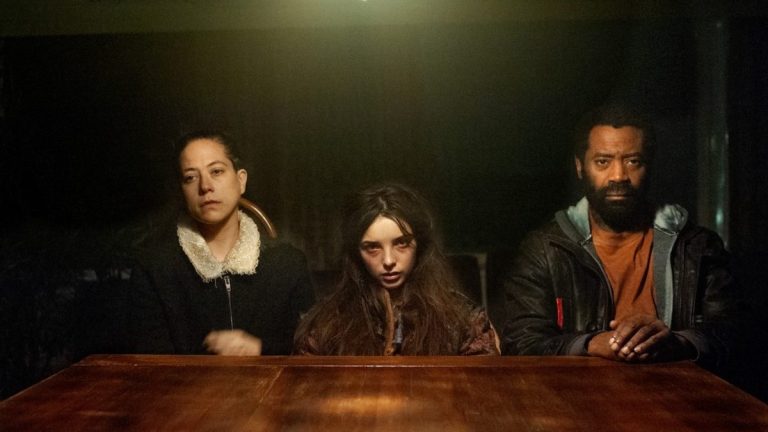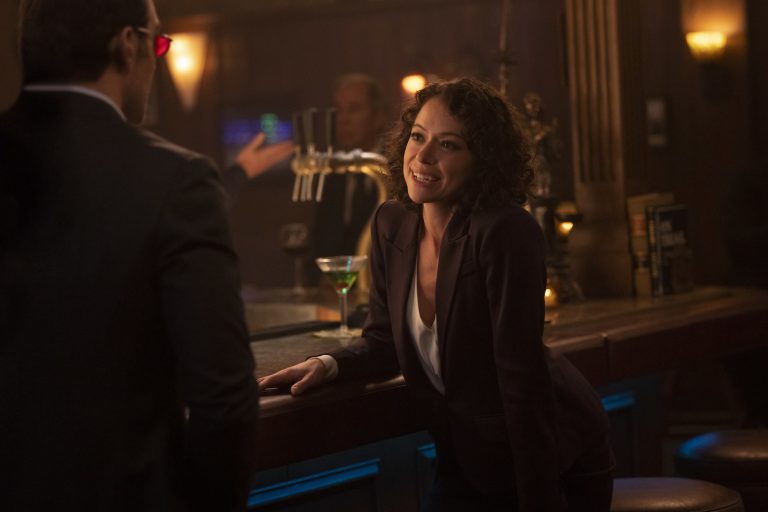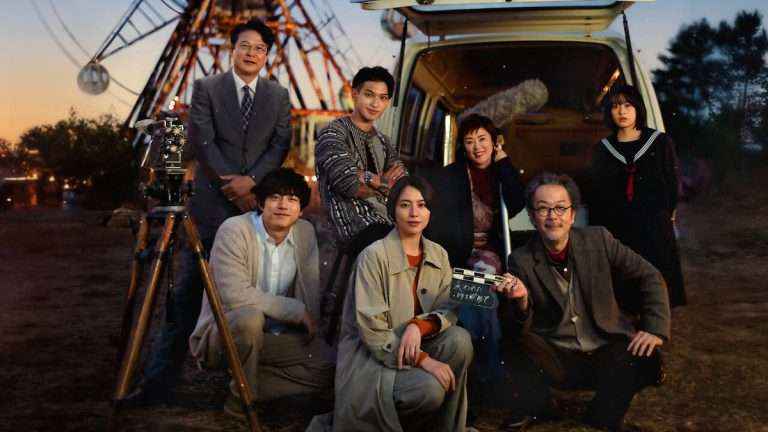Monster (2023) Movie Review: It’s hard to put Hirokazu Koreeda’s ‘Monster’ in a box. On the surface, it is about a single mother trying her best to protect her son from getting bullied. We see her getting angry at a school teacher who shows no regard for her concern. It is enough to make our blood boil. After all, who would want their child to suffer and that suffering be wilfully ignored? We’ll do everything in our power to protect and support them, right? We would want the perpetrator to be punished and to feel a sense of justice. In such times, we would base our judgments on our preconceived notions – often guided by our connection to one of the involved parties or our shared history with them.
But when has a Koreeda film ever been simply a morality tale that pits good versus evil? Be it Shoplifters or Broker or even the gentler ones like Still Walking, his films have been deeply humanist portraits. Monster is no exception. It dissects the judgemental dichotomy and makes us introspect on how layered each and every narrative can be.
It begins with a snippet from the life of a mother and a son. We meet them on a night when a building gets on fire. They both look at an explosion from their balcony and react in their own peculiar ways. The mother reacts rather oddly. It almost feels like she derives joy from that destruction. Meanwhile, the son asks a strange question, which sounds like a Ship of Thesis fable. You know, ‘if the parts are separated and re-joined, will that be the same ship?’ – that kind.
It sounds strange, and so, we seek its roots. Where would a child of his age hear such a thing? We make assumptions based on the details we learn by then. Then, shortly after, the film slaps us on our faces and makes us build a new belief system. As the film progresses, we evolve along with our understanding of these characters. That’s the beauty of this film – despite being a drama, it is thoroughly unpredictable. Yuji Sakamoto’s screenplay is neatly structured, astute, and has an assured voice. It ingeniously defies our expectations of characters, their actions, and motivations. As a result, you come out of this film with the sheer joy of having experienced a well-crafted piece of writing.

While different perspectives enrich our understanding of their world, the script makes us introspect on our own lives and how we seek truth. With misrepresentation now being a part of daily life in the post-truth era, the film can also be seen as a microscopic account of the global crisis. With every new detail in the film, we reevaluate our opinion about these characters – since it helps us see a fuller picture. Because of this, the script also advocates for a nuanced approach to assessing information – and of seeing things for the way they are rather than the way we want them to be.
Besides its brilliant structure and illuminating approach, the script deserves praise for its richly layered writing, all the while incorporating a number of themes. From motherhood to sexuality, from love to grief, from repression to aggression, they are so effortlessly entwined in the script that none of its scenes feels inorganic. We feel the mother’s concern, learn about the teacher’s values, and sympathize with the children’s innocence. However, that’s not what we take away after the film ends. It is impossible to see these qualities in isolation, which is precisely why the film works wonders.
Ryuichi Sakamoto’s evocative soundtrack binds this film together as a whole and presents the vivid emotional landscape with his genius. Koreeda continues to bring out wonderful performances from his child actors, evident through Kurokawa Soya & Hinata Hiiragi’s miraculously mature takes on their characters. While Shoplifters-fame Sakura Ando does not disappoint one bit, Kurokawa Soya is the revelation in this film.
Recommended Read: Evil Does Not Exist (2023) Movie Review: Balance Is Key



![Andhadhun Netflix [2018] Review: An Ace Thriller from Sriram Raghavan’s Stable](https://79468c92.delivery.rocketcdn.me/wp-content/uploads/2019/08/Andhadhun-featured-768x432.jpg)




